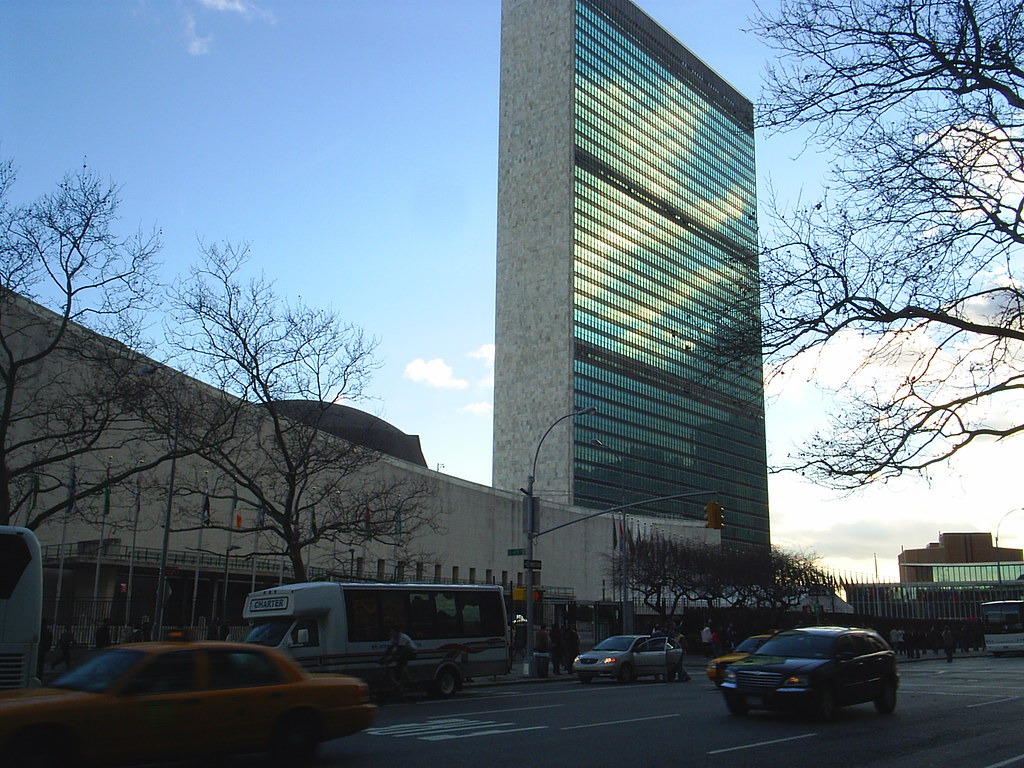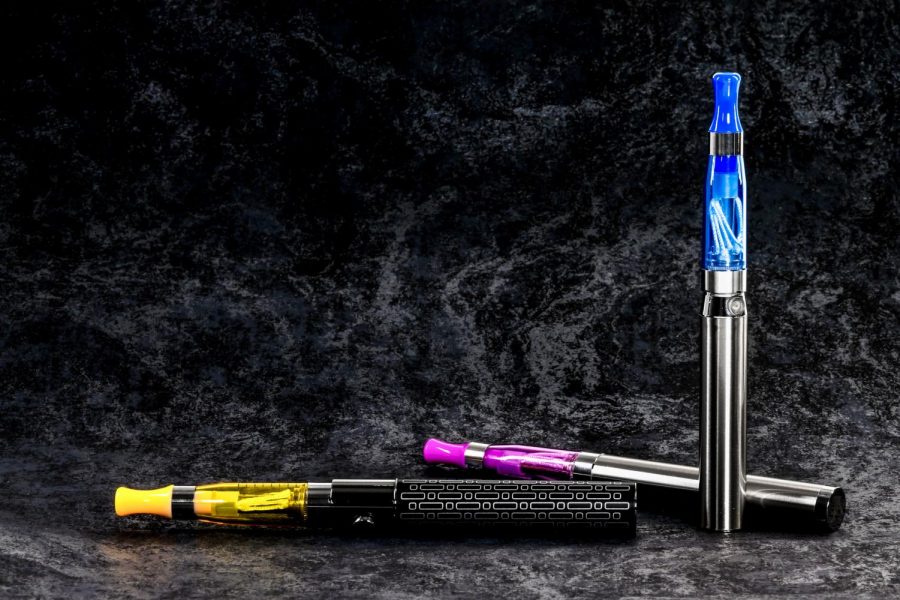I was in the Deep South when I heard a parable that changed my life. It was told by a woman who worked with high school students painting houses for people that were threatened with the prospect of losing their homes by insurance companies that deemed them unfit for homeownership, or more importantly, were eyesores. Through this woman’s empathetic perspective, I learned a harsh, counterintuitive truth about dealing with poverty.

The woman related to me a story about a fantastical village amidst a catastrophe: Their central river was collecting babies at its base, and the babies were drowning in the water. Civilians began rescuing the babies one by one. Despite their efforts, the babies numbered too many and not all of them could be saved. Someone offered that perhaps they should follow the stream upwards and see: who was throwing babies in a river? Where were they all coming from?
The civilians trudged up the stream saving babies along the way, but there were so many that they never made it to the top. Around them, babies continued to die.
This tale haunts me when I see a man sitting with a tattered lizard and Styrofoam cup begging for change outside of Amherst Books. Where will 25 cents get this man? Or 50 cents? Or 50 dollars? Knowing is impossible and I have to wonder, instead, what put this man here in the first place? Perhaps he is complacent on the street; a sort of learned helplessness that favors rogue renegades over suits and ties. Maybe he is a war veteran with no outlet for his post-traumatic stress syndrome. Whatever the case, I can’t make these truths dissipate with pocket change or a warm sandwich.
Still, should this dissuade me from giving someone anything when they have nothing? It is impossible to see an isolated case of homelessness on a larger scale. When I look poverty in the eyes I am weak, I am guilty. The guilt worsens when I don’t give, wondering who I could have spared.
. When we pass someone asking for change on the street, we should consider their “first needs:” Food, water, warmth. In the Jewish tradition, if you see a man dying of thirst in the desert, you make sure that you are satiated before letting him drink from your canteen in an effort to save both of your lives.
Yes, feed the hungry if their lives depend on it and you are in the position to do so. Then ask: why are they starving?
My friend once told me that a homeless man asked her to spare some change, and in return she handed him a Dunkin’ Donuts job application. This is not the point, but it is a step in the right direction. I do not want to fill up paper cups with dollar bills to shave off unnecessary guilt or because it is easier than regarding someone like a fellow human. When someone addresses me, cup and stuffed animal before them or not, I should greet them, and I hope that I can walk past their Styrofoam cup and further on to the top of the river.
Rachael Roth is a Collegian columnist. She can be reached at [email protected]












